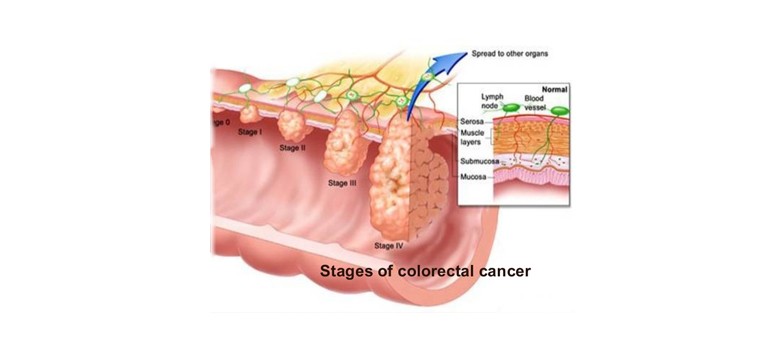Colorectal cancer is cancer of the rectum or colon, and it is common in men as well as women. Fortunately, this type of cancer is for the most part preventable with regular screening. Various types of screening procedures are done for detecting precancerous growth in the intestines known as polyps. Removal of these polyps is the best way of preventing colorectal cancer development.
Screening Procedures
Regular screening is recommended for people who are 50 years and older, if they do not have anybody in their family having history of polyps or colorectal cancer. For people with family history of polyps or colorectal cancer, colonoscopy is recommended regularly much before 50 years. Here are the different types of screening procedures used for detecting polyps.
Flexible Sigmoidoscopy
This test is done for examining the lower part of the rectum, where cancers and polyps are mostly located. This test should be done at least once in five years.
Hemocult Blood Test
This test is done for detecting blood in the person’s stool, as polyps usually bleed more than other tissues and the small amount of blood can be detected by this test. Hemocult test should be done at least once a year.
Colonoscopy
If either of the above tests is positive, colonoscopy is recommended once in five or ten years. This test examines the whole rectum and colon, by inserting a device that takes a video of the entire length of the colon’s insides.
Who is at Risk?
Studies have shown the following people more at risk of developing colorectal cancer –
Obese or overweight people, especially when the fat is mainly around the waist
Smokers
Those who are 50 years or older
Those who regularly eat lot of processed meat or red meat
Excess consumption of alcohol
Those who have family history of polyps or colorectal cancer
Those who have Crohn’s disease, ulcerative colitis or other types of inflammatory bowel disease
People in general are advised screening tests at age 50. However, if the person falls into any of the above categories of people who are at higher risk, then such a person will be advised by the doctor to start undergoing regular screening tests earlier. Screening is very important and it should not be ignored, as the person has a very good chance of preventing a fatal disease.
Colorectal Cancer Prevention
As mentioned earlier colorectal cancer can be detected early with regular screening, and treated successfully. Nevertheless, people can take a pro-active approach and make certain adjustments to their food habits and lifestyle to prevent this cancer, especially those who are more at risk. Here are certain things that can greatly help in preventing colorectal cancer in men and women.
The best way is colorectal screening.
Get screened regularly beginning at age 40.
Don’t smoke and drink alcohol only in moderation.
Role of ‘antioxidants’, colonic irrigation or herbal remedies is not evidenced.
Lead an Active Lifestyle
When most people are confined to a desk job, it becomes very important to exercise at least half an hour, four to five days of the week. Even having a brisk walk every day for about twenty to thirty minutes, goes a long way in keeping you fit. If you are not following any fitness regime or going to the gym, then simple changes like taking the steps or doing some physical work in the house or garden can help you reduce chances of developing colorectal cancer.
Change to a Healthy Diet
According to The American Cancer Society, a healthy diet that can prevent cancer should include minimum five servings of vegetables and fruits every day. Avoid processed meat and red meat as much as possible, and include more of beans, rice, grains, pasta, cereals, and whole grain breads in your diet. Risk of colorectal cancer can be greatly reduced by mainly taking foods rich in folic acid, magnesium, and calcium. Additionally, stop smoking and drinking alcohol in excess




